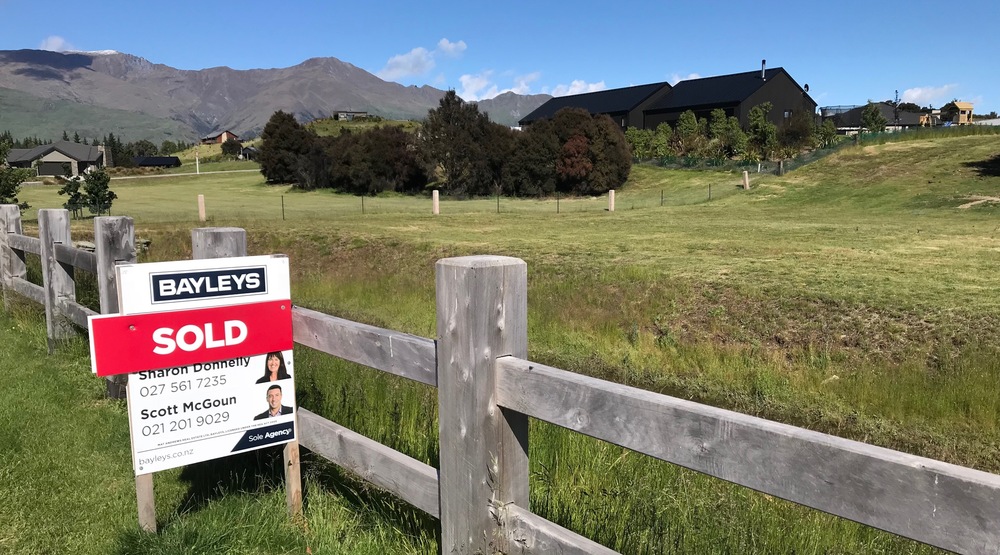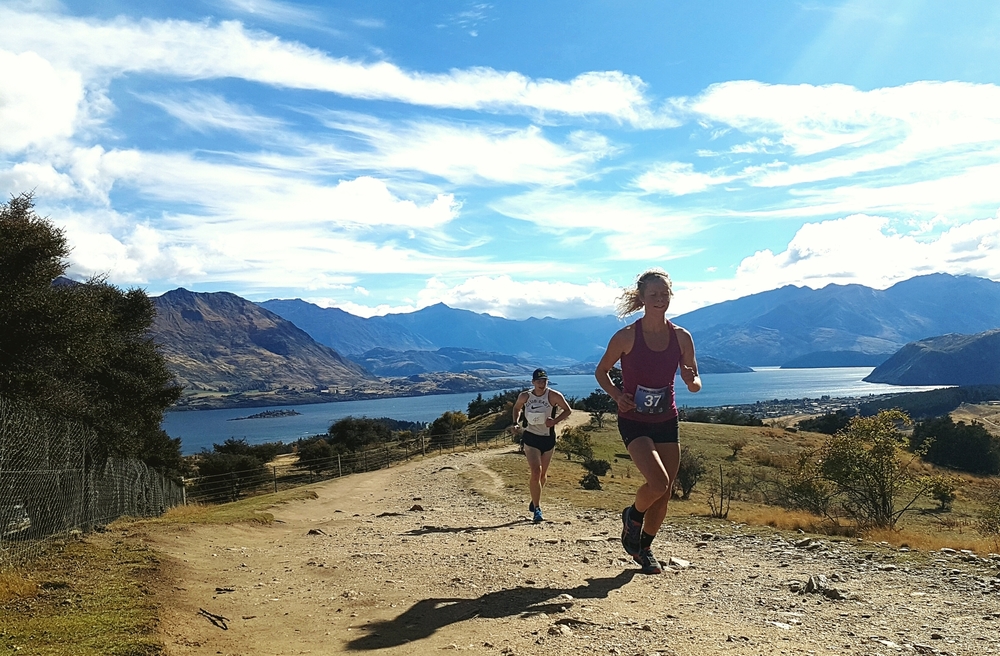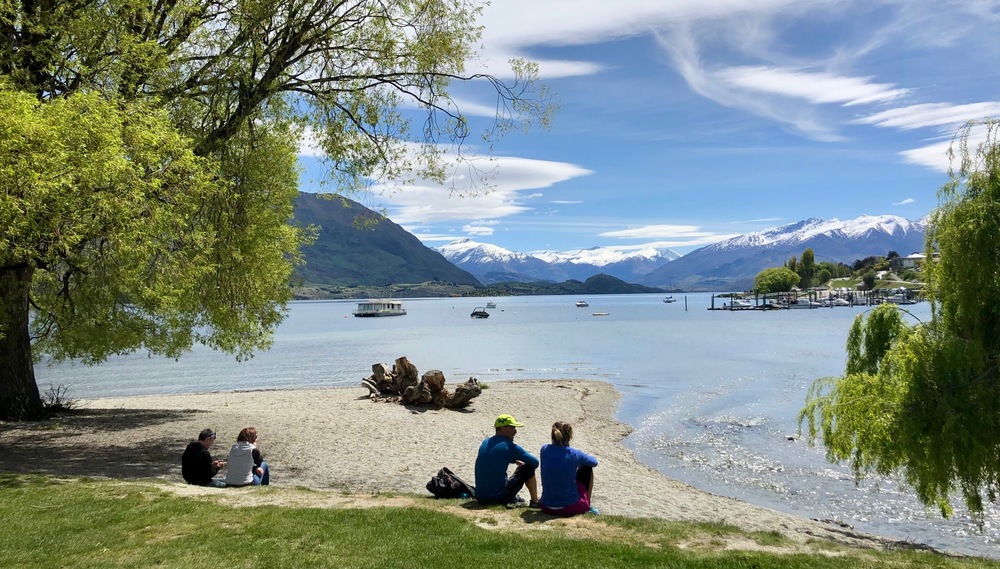Higher unemployment, housing instability: Survey results highlight effect of Covid-19
Maddy Harker
22 February 2021, 2:19 AM
 The survey results show significant changes in working status, with unemployment rising from less than one per cent to six per cent. PHOTO: Supplied
The survey results show significant changes in working status, with unemployment rising from less than one per cent to six per cent. PHOTO: SuppliedResults from a survey of the quality of life of people who call Queenstown Lakes home have provided an insight into the changing lives of the district’s residents.
The Quality of Life survey was conducted in September 2020 on behalf of Queenstown Lakes District Council (QLDC) for the third consecutive year, and findings released this month show significant changes in some areas.
Compared with 2019, the results indicate home ownership has dropped by four per cent, from 64 per cent to 60 per cent. Meanwhile, 29 per cent of respondents who rented said they would need to move in the next 12 months, and the main influence was affordability - which dramatically increased from three per cent in 2019 up to 26 per cent.
Working status also changed significantly in a number of areas, including self-employment which increased from 18 per cent to 22 per cent. The number of students increased from one per cent to four per cent, but respondents who reported they were not currently employed totalled six per cent - previously this had been less than one per cent.

Home ownership has dropped by four per cent, the survey indicates. PHOTO: Wanaka App
“While the focus of the study has traditionally been to collect data on the wellbeing of communities, the most recent one had a particular focus on the impact of Covid-19” QLDC CEO Mike Theelen said.
The impacts of Covid-19 were generally synonymous with changes to employment, survey administrators Versus Research said.
“The study found that many people had an overwhelming sense of job insecurity, which likely added to a decline in people’s overall sense of wellbeing. For some, it lessened their confidence and ability to speak up for themselves, while others were on edge wondering what their future held.”

Residents are exercising more than ever: More than half respondents (55 per cent) indicated they exercised 5-7 days a week, up by six per cent from 2019. PHOTO: Wanaka App
Among respondents who owned a business, 76 per cent had reduced overheads where possible, 45 per cent had made changes to staff employment and 37 per cent had reduced or stopped marketing activity.
In terms of the impact on individual employment, 30 per cent had temporarily reduced hours while 34 per cent said someone in their household had temporality reduced hours.
Similar percentages were seen for temporarily reduced pay: 15 per cent of respondents had their employment ended and 18 per cent said someone else in their household had their employment ended.

Despite all the changes, the quality of life of respondents remains steady, with 81 per cent of respondents saying they have ‘good’ or ‘extremely good’ quality of life. PHOTO: Wanaka App
The survey, which measured various elements of wellbeing from cultural to social and environmental, also indicated residents were exercising more than ever; they wanted to see more done to add to the cultural aspects of the district; and on the topic of climate change, the level of concern by residents had dropped markedly.
Despite some significant changes in the most recent results, the number of respondents who rated their overall quality of life as good or extremely good remained strong, increasing by one per cent to 49 per cent and 32 per cent respectively.
There were similar changes of just one per cent in respondents who rated their quality of lives as poor, extremely poor and average.
Twenty-eight per cent of the 1,630 respondents came from the Wanaka ward.
Read the full report here.

